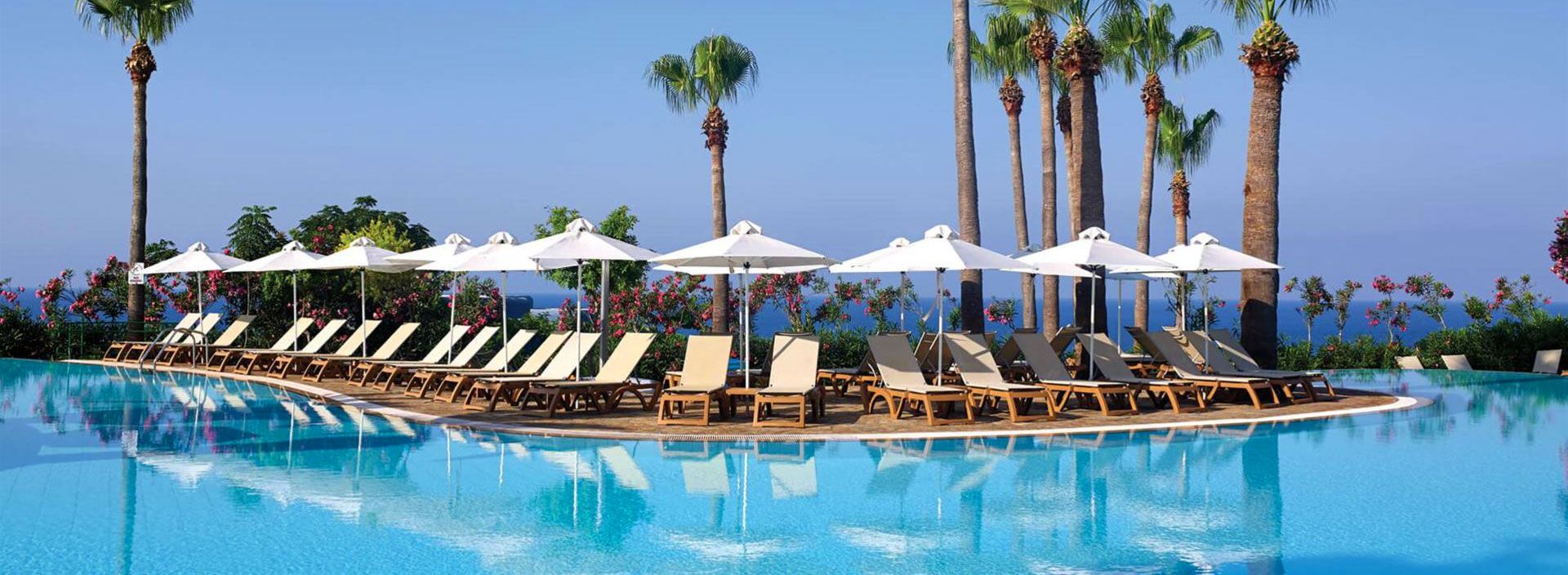





At the beginning of the things to consider and decide on when choosing accommodation for travels, when to arrive at the facility, how long to stay, how many people to travel, whether cooking facilities are needed, whether to travel for a special reason, whether to stay in a central location, during travel whether a car will be used, how close the facility is to public transport, whether a social environment is desired, whether fitness facilities are needed and what other needs are.
Accordingly, it should be decided that the facility to be accommodated should be a hotel, pension, holiday village or hostel.
In fact, the choice of accommodation is one of the first problems that travelers will encounter when planning a trip. Naturally, hotels are among the most popular options. In today's conditions, current trends point to hotels, whether for business or business purposes.
In the face of the development of tourism movements around the world and a huge tourism potential, the hotel preference shows a serious boom and hotel management is the most growing tourism sector.
The BS ISO 22483 standard, originally designed by the British Standards Institute (BSI), was reconsidered by the International Standards Organization (ISO) and re-published as an international standard. The last update of this standard was made in 2020.
This standard creates quality requirements and recommendations for hotels in terms of staff, service, events, entertainment activities, security, maintenance, cleaning, supply activities and customer satisfaction, regardless of their classification and grouping.
The ISO 22483 standard provides a common and feasible reference for all hotels in terms of quality service delivery, and has been designed taking into account different hotel types, existing classification systems, business models, sizes and services, and current customer demands and global trends.
The standard in question provides a suitable framework for hotel managers to provide the minimum quality service an experienced global tourist expects and aims to promote guest loyalty directly and indirectly.
The ISO 22483 standard is the standardization of the terminology and features of the services provided by tourism service providers, including related activities, attractions and the facilities and equipment requirements used by them, in order to provide criteria to make informed decisions for hotels and consumers operating in the field of tourism.
In short, this standard is a brand new standard that completes the assumption studies in hotel reservations.
Nobody wants to stay in a hotel below their expectations. The number of stars given to hotels can sometimes vary between countries. However, this new international standard, the service requirements in the ISO 22483 standard, have been developed by a group of experts working on ISO's tourism and related services technical committee (ISO / TC 228 Technical Committee, Tourism and Related Services). This group of experts highlights the broad applicability of the new standard. The ISO 22483 standard is a common and accessible reference for all hotels in terms of quality service delivery.
Within the scope of the standard, the service requirements of the hotels are arranged under the following headings:
The environment that affects customers in hotels is generally considered in two categories: physical environment and service environment. The physical environment consists of inanimate beings in the customers' living environment. Human communications with objects in the physical environment are mostly in the field of environmental psychology specialists. It is necessary to design and organize the physical elements in the environment in order to activate the communication by arranging the physical environment or to give certain messages to the customers. This information is also important for all other businesses, but it is more natural for service businesses, especially hotels, to use.
The service environment contains many environmental factors that affect the reactions and behaviors of the customers. The main environmental elements in the service environment are concrete elements such as music, ventilation, furniture, decoration and employee clothing. The behavior of the physical environment and the state of affecting the business image have been demonstrated by studies that have chosen service businesses, especially hotels, as their application areas. Various researches have been carried out to understand the effect of physical environment elements in the service environment on the behavior of customers.
In today's competitive environment, customer satisfaction distinguishes and differentiates a hotel from its competitors, and gives it an important power to compete. Therefore, hotel businesses are required to adopt and implement a quality management approach for customer satisfaction. In order for hotel businesses to be successful and achieve a level of service quality, first of all they need to determine what customers expect and to what extent the services offered affect customer satisfaction. One way to achieve this is to assimilate and implement the ISO 22483 standard.
Our company also provides control services to the enterprises regarding the service requirements of the hotels within the scope of tourism and related services.
First, it is determined whether the organization meets the mandatory requirements of the standard and whether to proceed to the next stage.
It is checked whether necessary procedures and audits have been developed and your institution's readiness for evaluation is reviewed.
The findings that arise in the first two stages are evaluated and after all corrective actions are reviewed, document preparation is started.
To get an appointment, to get more detailed information or to request an evaluation, you can ask us to fill in our form and reach you.